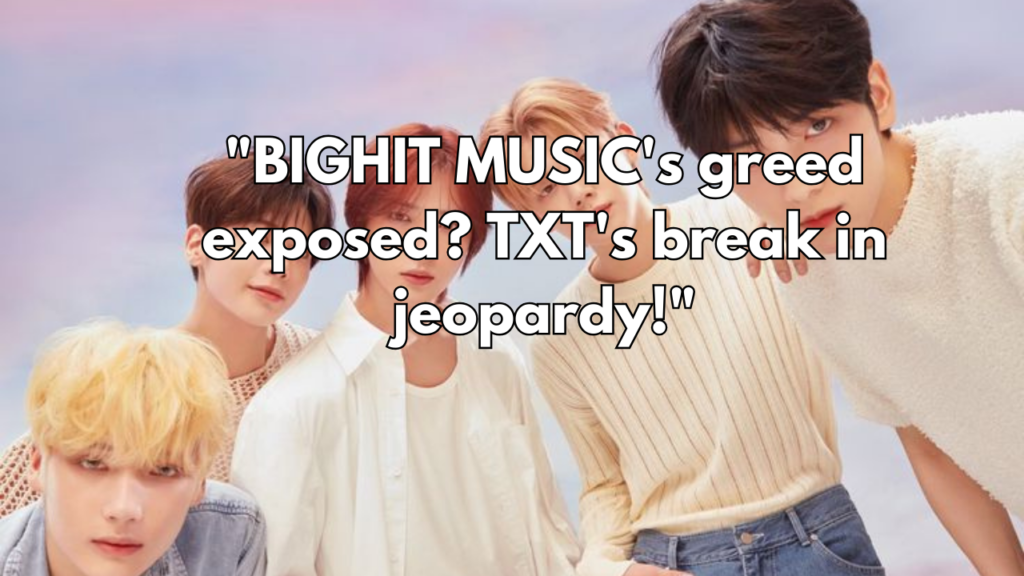Malaysian Government’s Stance on APT
Malaysia’s Ministry of Health has raised serious concerns about BLACKPINK Rosé and Bruno Mars’s hit song “APT.” The ministry has issued an official warning about the song’s potential influence on young listeners, particularly focusing on its impact on traditional Eastern values. Their primary concern stems from the song’s themes and messaging, which they believe could shape young minds in ways that conflict with cultural norms.
The government’s stance has ignited widespread discussions about the delicate balance between modern entertainment and cultural preservation. Their detailed analysis points to specific elements within the song that they consider problematic. The Ministry emphasizes that parents and educators should be particularly vigilant about the content their children consume through popular media.
The controversy has led to increased scrutiny of Western influences in Asian entertainment. Many cultural experts and community leaders have joined the conversation, offering varied perspectives on the impact of global pop culture on local values. This situation has become a focal point for broader discussions about cultural identity in the modern era.
Cultural Impact Analysis
The Ministry’s detailed report emphasizes the song’s pervasive presence across various social media platforms. They note how “APT.” has become more than just a song – it’s now a cultural phenomenon integrated into countless social media posts, reels, and everyday content. This widespread presence raises significant concerns about its subtle influence on younger audiences who might unconsciously absorb its messages.
The government’s warning specifically addresses the song’s representation of apartment spaces, which they argue could normalize behaviors that contrast with traditional Eastern values. Their analysis suggests that the casual way the song treats certain themes could gradually shift societal norms. This interpretation has sparked intense debates about cultural preservation in an increasingly globalized world.
The Ministry’s stance has prompted educational institutions and parent groups to examine the broader implications of popular music on youth culture. Many schools have begun incorporating media literacy programs to help students critically analyze the content they consume. This development represents a significant shift in how institutions approach popular culture and its influence.
Future Implications and Artist Response
Despite the controversy, “APT.” continues to dominate music charts worldwide, showcasing the complex relationship between commercial success and cultural concerns. The collaboration between Rosé and Bruno Mars has achieved remarkable success on various platforms, including Melon, Genie, and Flo. This success demonstrates the challenge of balancing artistic expression with cultural sensitivity.
The situation has created interesting dynamics within the K-pop industry, with various stakeholders offering different perspectives. Industry experts note that this controversy could influence future collaborations between Western and Eastern artists. Meanwhile, fans eagerly await Rosé’s upcoming debut album, scheduled for release on December 6, which will feature 11 additional tracks alongside “APT.”
The controversy has also sparked discussions about the role of government bodies in regulating cultural content. Many industry observers suggest this could lead to new guidelines for international collaborations in the entertainment sector.
Final Thoughts on Malaysia’s Warning Against APT
The situation highlights the ongoing dialogue between modern entertainment and traditional values, raising important questions about cultural preservation in a globalized world. The controversy surrounding “APT.” serves as a case study in how different societies navigate the challenges of maintaining cultural identity while participating in global pop culture.
What are your thoughts on the balance between cultural preservation and artistic expression? How do you think societies should approach the influence of global pop culture on local values?







